
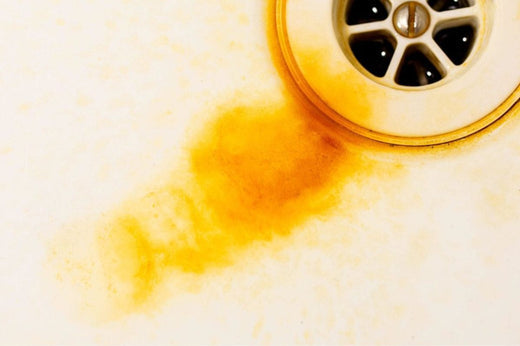
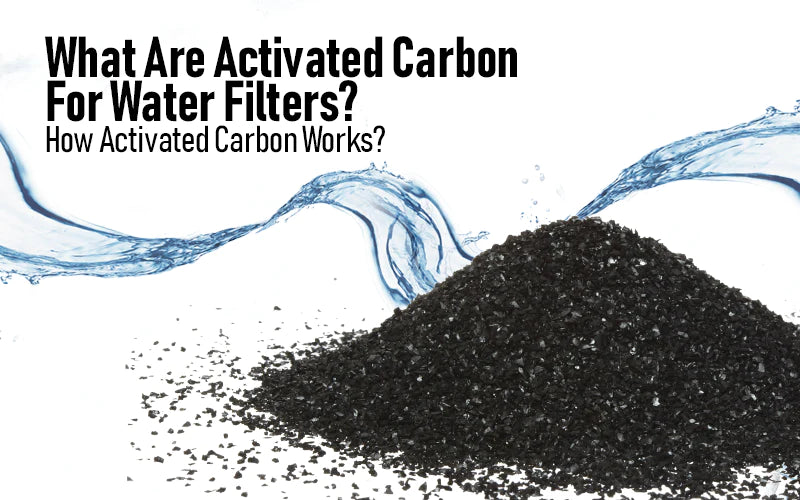
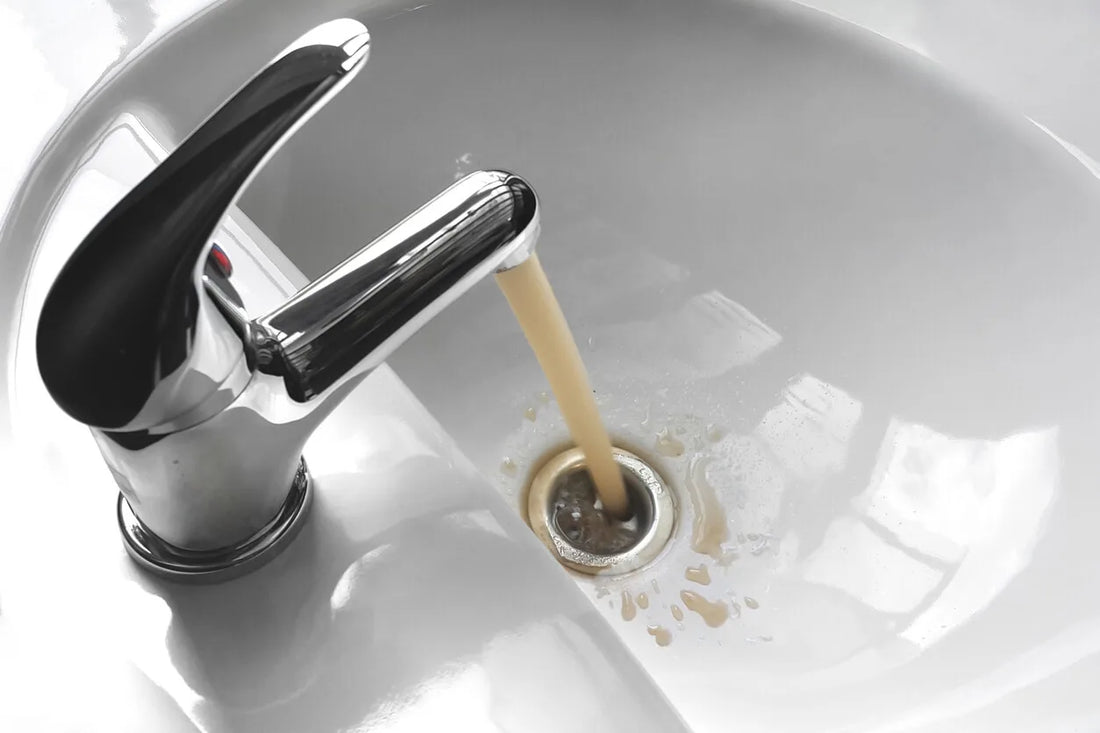
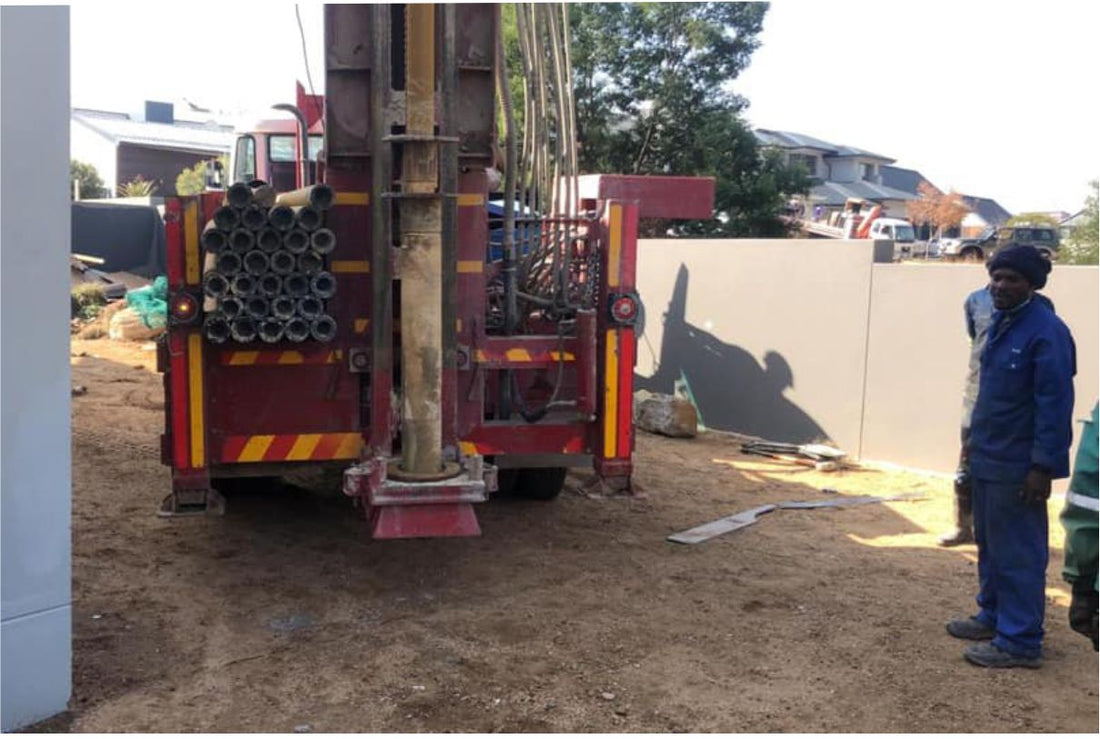
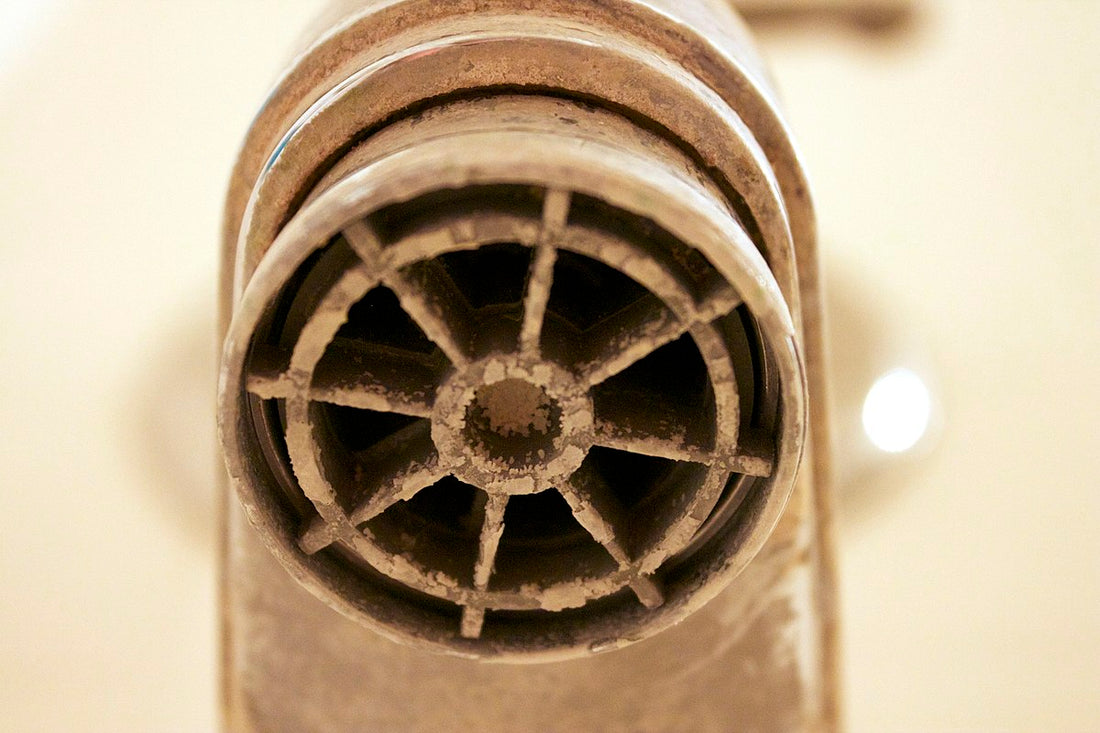

What Is Activated Carbon?
Most filtration systems to purify water contain at least one stage of activated carbon filtration. Surely you must have heard of activated carbon filters, but in this article, we will provide the details of the importance of carbon charcoal in making water free of impurities.
Activated carbon filters are standard water purification systems in homes, and buildings and it is used to filter pollutants such as chlorine, organic solvents, herbicides, pesticides, and water radon. Many people believe that these filters make water healthier and more natural. Filters are often used by people who are health conscious and who want to prevent granulated particles or unpleasant odors and flavors from the water. You should know that activated carbon filters do not remove bacteria, viruses or fungi, or fungal spores from water.
What is activated carbon charcoal, and how does it work?
Activated carbon is a very refined black color powder made from coal bone, petroleum coke, shells from coconut, coal, olives, or sawdust. The coal is “activated” at the highest temperatures through a commercial process. As soon as the temperature takes over, the core structure changes and condenses the size of its pores, whereas creating a more porous carbon than regular. The porous texture of charcoal has a negative electrical charge, which attracts positively-charged molecules, such as toxins and gases. This helps to trap toxins and chemicals.
The activation of the coal produces an excellent filtration surface and allows it to have a high capacity to absorb water impurities. Absorption is the process by which matter adheres to the surface of an absorbent. Thanks to this absorption, activated carbon has a high retention capacity.
What do activated carbon granules do?
Activated carbon removes chlorine, flavors, and odors, other organic chemicals. The most common purifiers use single or two-stage filters, where activated carbon is introduced as a filter medium into a cartridge that can be of different sizes, depending on the device where it will use.
How activated carbon filters work?
Water purification involves removing harmful contaminants from water. The filtrate physically blocks or chemically removes contaminants. It is a different purification technique from reverse osmosis, which filters the water through a semi-permeable membrane, and the distillate, which vaporizes water to separate it from the contaminants. Filtering is a relatively cheap and efficient way to purify water.
Carbon filtration is one of the most effective of these methods.
Activated carbon filters are mainly used for the removal of chlorine and organic compounds in water. The operating system is the same as that of sand filters, with the retention of contaminants being carried out when the water passes through a filter bed composed of activated carbon. Water flows down through the filter medium until it reaches the outlet.
A unique mineral activated carbon charcoal is used for drinking water, respecting all its requirements, and international standards for human consumption.
Types of Carbon filters for water:
There are two types of carbon filtering: granular activated carbon and block carbon.
Activated carbon has a slightly positive charge so it can attract impurities, but block carbon has a higher pollutant removal rate. However, many factors affect this rate, including the amount of carbon in the unit, the flow of water, the amount of time that the contaminants were in contact with the carbon, and the particle size. The carbon can remove particles between 50 and 0.5 microns in size, one micron being one-thousandth of a millimeter, or preferably 0.001 mm, something invisible to the human eye with naked eye.
What elements can it remove?
Carbon filters are very effective in removing various harmful chemicals. These include chlorine, benzene, radon, trihalomethane solvent compounds, volatile organic chemicals such as pesticides and herbicides, and hundreds of other artificial substances that can get in contact with tap water while it flows through the system. Also, filters remove bad taste and odors from water.
1. Granular activated carbon
Granular activated carbon is a material that is used to filter out harmful chemicals and microorganisms from contaminated soil and water. As water flows through a granular activated carbon filter, compounds adsorb or adhere to the surface and within millions of micropores of activated carbon granules.
Activated carbon filters are always used as part of an extraction and treatment system to clean groundwater, river, lake, well, spring, municipal water, or brackish water, usually as a second stage after a multimedia filter. An activated carbon filter consists of a container or column packed or filled with activated charcoal granules. Its structure and properties allow it to specifically adsorb those hazardous chemicals found in the water to be treated.
2. Block carbon
Block carbon treatment provides excellent results by eliminating chlorine, bad smell, microorganisms, and pathogens. Rest includes: viruses and bacteria, improves the taste and color of water, and retains a wide range of chemicals such as fuels, polychlorinated biphenyls, dioxins, and radioactive waste. It can also eliminate certain types of metals such as lead, cadmium, or mercury, provided that heavy metals are present in small quantities.
Advantages of an Activated Carbon Filter:
- Activated carbon filter works as a sieve by extracting the heavy materials found, for example, in water and air, acting as a purifier.
- Activated carbon is an extremely porous material, has pores smaller than 2 nanometers, and is very efficient in adsorption phenomena.
- This is a process that is based on the attraction of heavy molecules to a solid surface, such as coal, leaving only the purest molecules of a liquid or gas.
Fields of Use:
- Industrial Process Waters (In Any Sector).
- Potabilization and Public Sources.
- Desalination of Seawater.
- Health (Laboratories, Hospitals, Clinics, etc.).
- Hospitality (Hotels, Restaurants, Cafes, etc.).
- Collectivities (schools, ovens, ice cream parlors, etc.).
- Beverage and Liquor Industries.
- Food Industries and Nutrition.
- Agriculture and Livestock.
- Graphic Arts and Photography.
- Coatings and Special Finishes.
- Coatings and Special Finishes.
- Chemical Sector
- Textile sector.
- Jewelry sector.
- Products :
- Inverse osmosis
- Water Softener
- Water deionizer
- Water Filter
- Multimedia Filter
- Activated carbon filter
- Ozone generator
- UV Ultraviolet Sterilizer
- Tank Manufacturing
- Deionized water
- Distilled water
- Soft water
- Demineralized water
At Carbon Bulk Sales, we embrace the carbon filter systems that are used to treat the water in the house, either for a single point of consumption or for the whole house. Buy activated carbon in bulk here.
